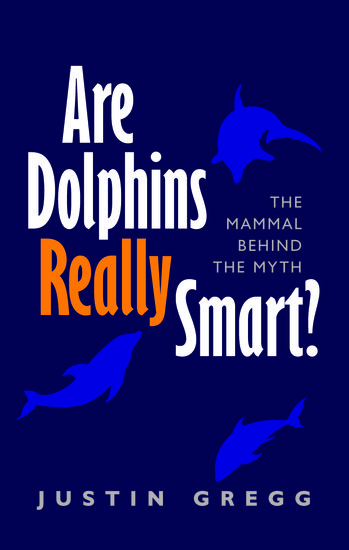The Treaty of Box Elder
July 30, 2013 marks the 150th anniversary of the Treaty of Box Elder between the United States and the Northwestern Shoshones. At first glance it’s not much of a treaty, just five short articles. Unlike the treaty that a month before defrauded the Nez Perces of 90 per cent of their land, or the Treaty of Fort Laramie with the Sioux in 1868, which the U.S. broke to steal the Black Hills, the Box Elder treaty gets little attention. Most historians who have written about treaties…














